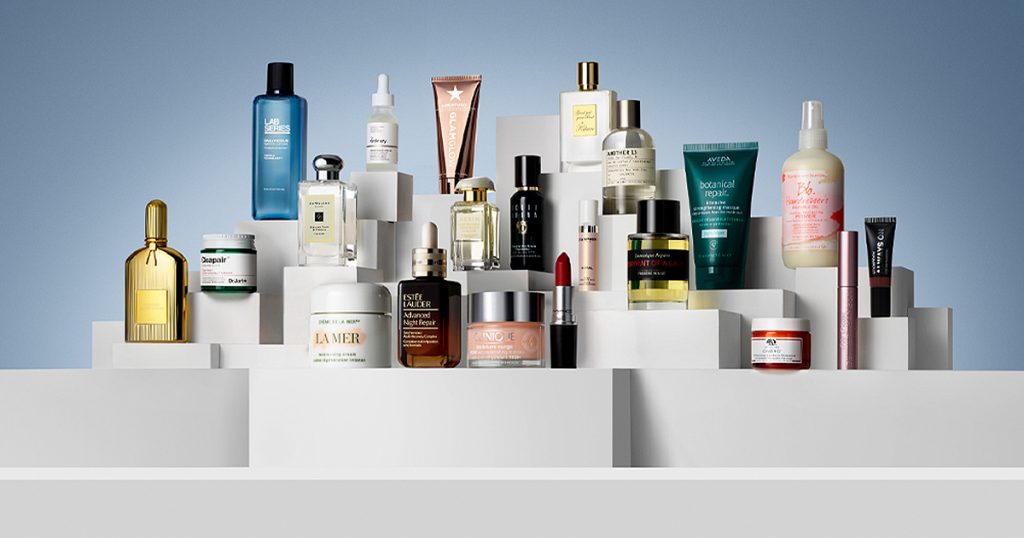In an industry where luxury is defined by artistry and innovation, Estée Lauder Companies (ELC) are making an audacious play. By anchoring their Fragrance Atelier in Paris—a city synonymous with the pinnacle of perfumery—they’re setting the stage for a transformative moment in high-end fragrances. But what does this truly signify?
The choice of Rue Volney in the heart of Paris isn’t just about location; it’s a declaration of intent. Paris is not only the birthplace of perfumery but a beacon of creativity and cultural prestige. By embedding themselves here, ELC reinforces its ties to the storied traditions of French savoir-faire while signaling its ambitions to redefine those traditions for a modern, global audience.
Expect the Maison des Parfums to become a creative crucible—a space where heritage brands like Le Labo and Editions de Parfums Frédéric Malle can coexist with boundary-pushers like Tom Ford and Kilian Paris. The Atelier’s focus on collaboration—bringing together fragrance houses, ingredient suppliers, and creative innovators—could drive a renaissance in experimental and bespoke scent-making.
From Concept to Cult Status: Speed Meets Craftsmanship
In the high-end fragrance market, speed is often the antithesis of quality. Yet ELC’s new Fragrance Atelier seems poised to challenge this dichotomy. By centralizing its global fragrance teams, the brand promises agility without sacrificing artistry. The top-floor innovation hub—with its cutting-edge evaluation and trend-forecasting spaces—will allow ELC to translate consumer insights into commercial success faster than ever.
For consumers, this could mean an exciting new wave of trendsetting scents that marry precision with passion. Limited-edition collaborations, unique fragrance experiences, and cutting-edge olfactory trends may emerge at an accelerated pace, making 2025 a pivotal year for luxury fragrance connoisseurs.
Reimagining the Future of Luxury Scents
As we look toward 2025, Estée Lauder’s move hints at a broader shift in the high-end perfume market. The demand for ultra-personalized experiences, sustainability, and storytelling will likely take center stage. The Atelier’s emphasis on co-creation and proximity to its fragrance partners suggests ELC is ready to address these evolving expectations.
What might this look like? Picture more ingredient-forward narratives, interactive experiences that allow customers to co-create bespoke scents, and a renewed focus on transparency in sourcing and sustainability. High-end fragrance will no longer just be about the product but the journey—one that invites the consumer into the heart of the craft.


